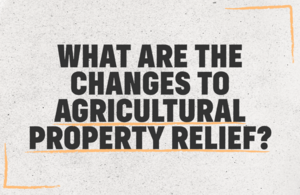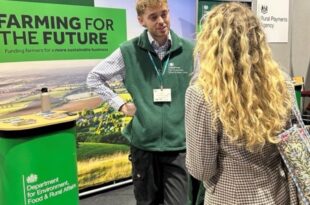https://defrafarming.blog.gov.uk/sustainable-farming-incentive-pilot-how-youll-help-defra-learn/
Sustainable Farming Incentive pilot: how you'll help Defra learn
The guidance on this page is for SFI pilot participants only. Please visit GOV.UK for the official Sustainable Farming Incentive scheme guidance.
Information about learning activities and related payments for participants in the sustainable farming incentive pilot.
The approach to learning
Farmers will be testing a pilot version of the Sustainable Farming Incentive scheme. When you enter a pilot agreement, as well as undertaking land management actions you’ll be helping Defra learn from the pilot.
You’ll need to have time to commit to doing specific learning activities and providing regular feedback.
Pilot learning activities
Learning activities are expected to take up to 15 hours a month. You’ll be paid for this time. Most of these hours will involve ‘thinking while doing’. For example, you’d be thinking about how aspects of the scheme (such as advice or land management actions) could be improved, while you’re planning or physically undertaking work.
Payment for learning activities
Each pilot participant will be paid £5,000 for taking part in learning activities in each year of the pilot. This is the pilot participation payment. It’s made in addition to the payments for the actions you deliver under the standards in your pilot agreement.
The annual amount for the pilot participation payment and payment for the standards is divided into 4 instalments and paid every 3 months from the pilot agreement start date. Each quarterly payment you receive includes both the payment for the standards in your agreement and your pilot participation payment. They are not separate payments.
The participation payment is a flat rate payment, meaning everyone is paid the same regardless of how much land they have in their agreement. The demand on your time for learning activities will be the same for all participants.
Learning activities
Learning activities will be based on your experience of carrying out actions associated with the pilot agreement.
This includes things like:
- making an application and entering into an agreement
- delivering your agreement
- planning and implementing the land management actions you’ve chosen
Defra will run a programme of surveys, interviews and workshops to gather information about your experiences.
You will be asked to share your land management planning, and keep a journal of what’s working well and what’s not working so well, including your thoughts on how the scheme might be improved.
Types of learning
There will be 2 main types of learning:
- core learning – you must do these activities
- other learning – you’ll be expected to do some of these, but you’ll choose which ones
Core learning
Everyone must complete these activities. Defra will tell you if an activity is core learning.
Core learning includes things like:
- tracking surveys – a series of questionnaires to track how things are going
- pilot journals – a journal that records information, ideas and experiences
- activities that explore specific subjects – for example, how livestock farmers are finding the grassland standards
Other learning
There will be many more activities available outside of core learning.
Participants are expected to undertake a good mix of these activities, but it’s up to you which ones you choose. This should help you fit learning demands around your business and other commitments.
These activities are likely to include:
- surveys and questionnaires
- workshops
- detailed research
Beyond this, Defra expects pilot learning activities to evolve. For example, some of you might choose to host farm open days. Others might choose to share their experiences through workshops, podcasts or blogs.
Defra will encourage you to initiate your own learning activities. For example, if you see a need to explore something you’ll be able to set up your own studies and feed the results into Defra.
What you can expect from Defra
Defra will structure the activities so that they are clear and simple to do.
You’ll get regular reports from Defra summarising what has been learned and what action is being taken as a result.
Monitoring of learning activity
As this is a pilot, Defra will take a light touch approach to monitoring learning activities, wherever possible. Your returns will be recorded to understand what learning has taken place.
If you forget to do your returns, you may be sent a reminder.
There is guidance on agreement monitoring that explains what could happen if someone repeatedly fails to complete the learning activities.
Taking part in publicity
Defra may ask you to get involved with publicity for the pilot, for example, to show how you’re incorporating pilot activities into your wider farm businesses.
You’ll be given support if you volunteer for this.





 The
The 